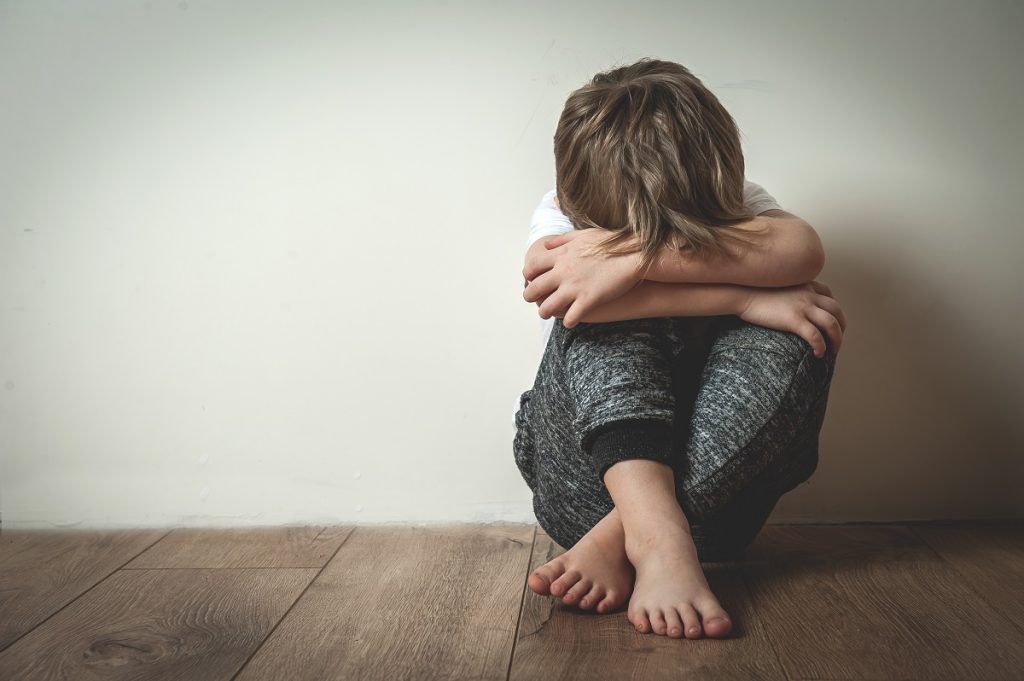Data show 322 million people live with depression worldwide. In the US, 15.7 million people ages 18 and older had experienced a major depressive episode in the last year as of 2014. The causes of depression vary from one person to another.
According to researchers, there are many different causes of depression, and most of it is not preventable. Several factors can contribute to such conditions, such as stress, medical condition, brain chemistry, genetics, substance use, and poor nutrition.
Here are the common causes of depression:
Genetics
Researchers state that depression runs in the family. This means people whose family has a background of depression have a high risk of experiencing depression. However, genetics do not explain why clinical depression happens.
Stress
Stressful life events happen to anyone unexpectedly. It can be because of problems related to school, work, family relations, and love life. It’s no surprise that people will feel sad and down during these stressful times. Researchers mentioned that during stress, your body releases high levels of the hormone cortisol. It can affect the neurotransmitter serotonin, which contributes to depression.
When people experience stressful life events that cause them anxiety and depressive behaviors, they should talk to a professional. It can either be a psychiatrist for individuals and a marriage counsel for couples who need marriage counseling services.
Grief and loss

People who lose their loved ones or any grieving individuals are likely to experience many similar symptoms of depression. People typically respond to loss with a lack of interest or pleasure in any activities, poor appetite, and trouble sleeping.
Over time, grief symptoms are expected to subside. However, if it gets worse, it can lead to depression.
Particular medical condition and physical health
People who suffer from a thyroid condition, sleep disorder, and chronic illness are more likely to experience depression symptoms. The rates are also higher for people who have cancer, multiple sclerosis, diabetes, and chronic pain.
Our body and mind are linked. When you’re suffering from a physical health problem, you may also observe changes with your mental health too.
Poor nutrition
Having a poor diet can increase the risk of experiencing depression. Deficiencies to various vitamins and minerals are also a common cause of suffering depression symptoms. Additionally, high-sugar diets have also been linked to depression.
Substance use
Alcohol and drugs can significantly contribute to depressive disorders. However, some prescription drugs are also associated with depression.
Corticosteroids, benzodiazepines, stimulants, statins, anticonvulsants, and beta-blockers are some examples of the drugs that are linked with depression.
Female sex hormones
According to numerous studies, women tend to experience major depression twice as often as men. Hormonal risk factors are said to be one of the significant reasons. This is because the peak of depressive disorder incidence happens during the reproductive years of women.
Females are more likely to experience depressive disorders when their hormones are in flux. Some women usually experience it during their perimenopause, childbirth, pregnancy, and even menstrual period.
Lots of depression cases don’t have a single cause but rather the results of several things such as your genes, current circumstances, events in the past, and more. But the most important thing to keep is that depression is very different from normal sadness. It is a disease that can affect anyone. No matter what the cause is, it should be treated as soon as possible.